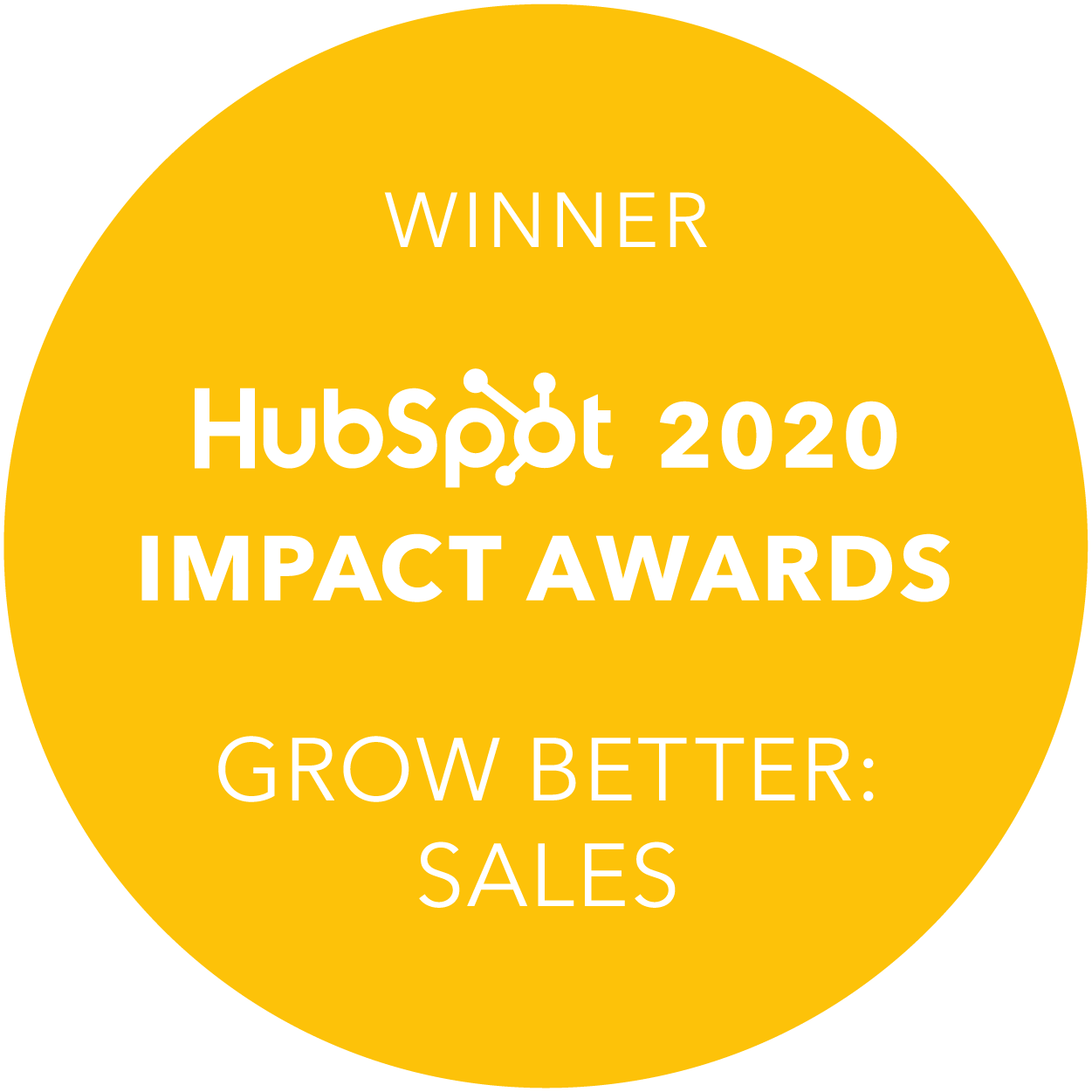Technology continues to redefine all that we do. It’s empowered customers to conduct two-thirds of any B2B buying journey gathering, processing and de-conflicting information independently (Gartner, 2019). It’s enabled marketers to track and measure their efforts more effectively. And today, it’s changing the way service reps serve customers.
Customer service is regarded as a key differentiator in today’s increasingly complex B2B sales environment. Buyers value suppliers that provide them with the right information, through the right channels, to make the purchase process easier. As a result, businesses are now tasked with removing friction from every touchpoint of the buyer's journey.
Those businesses earning a reputation for providing a seamless customer experience are leveraging technologies that have become synonymous with positive customer experiences. Video, instant-messaging, chatbots, artificial intelligence (AI), and self-service will all play a big part in changing the sales processes as we know it. As new technologies are adopted, service reps must adjust to this disruption of their new role.
So let’s take a look at how you can implement these tools to improve workflow efficiency and improve the customer service experience.
AI chatbots will help sales reps prospect more effectively

When it comes to the inbound methodology, customer support is about proactively delighting customers once they have purchased. It’s about adding value by solving the customer's challenge right there and then in the way they want to be served. Bots and AI fulfil this customer demand by enabling troubleshooting errors to be solved quickly and without the presence of a sales rep. This improves self-service for customers, reduces expenses for vendors, and fosters greater agility for sales reps, who otherwise spend almost 90% of their working hours manually solving repetitive enquiries (HubSpot, 2019).
With more productive ways of working, sales reps can spend this additional time tackling more difficult product service problems that bots alone can’t solve. This enhances the customer experience significantly, enabling a more personalised interaction to take place when it comes to solving issues that require human input. Additionally, as more support cases are solved by customer facing representatives, product experts can spend more time improving the product/service.
Customer service will be data-driven

“Data-driven organisations are 23 times more likely to acquire customers, 6 times as likely to retain customers, and 19 times as likely to be profitable as a result” (McKinsey Global Institute). It’s no secret that data is the new currency of business. When it comes to choosing a service technology, the most important thing to consider is ensuring that it can quantitatively measure its success. The ability to prove the ROI of your added software is key to understanding its effectiveness. Consequently, customer service teams will become more dependent on analysing the success of these programs as new service technologies are adopted.
This cultural shift in the way customer service teams operate gives way to a wealth of valuable data that both marketing and sales can leverage. Service technology records a variety of information about customer interactions. These insights play a key role in identifying overlooked customer needs or potential roadblocks in the funnel. Marketing teams can turn this data into action when optimising the customer journey. Meanwhile, sales teams can use it to better understand the needs of customers and refine their sales pitch. The adoption of new service technologies will create a demand for customer service data that can be beneficial across your entire organisation.
Social media will become a standard customer service tool

Customer referrals and word-of-mouth marketing are the two biggest growth drivers for a business today. With 83% of consumers’ likely to trust their peers’ online, customer service via social media presents a real opportunity for businesses to solve problems instantaneously and build trust through transparency.
A customer focused initiative is key to customer success on social media. 42% of consumers expect a response on social media within 60 minutes. Therefore, sales reps need to come up with a consistent and effective response plan to ensure that all inquiries, reviews and complaints are dealt with in a timely fashion.
Personalisation also plays a big part. Sales reps need to be more human. A healthy degree of spontaneity should therefore be encouraged when replying to customer inquiries on social media. When people start to see there are real people behind the brand with real emotions, a genuine sense of curiosity, and a desire to help and learn, engagement will increase. This in turn will enable businesses to learn more about their audience’s needs.
Face to face video communication will increase
Video conferencing apps have soared over the last couple of years. With the likes of Skype for Business, BlueJeans and Google Hangouts gaining increasing popularity in the B2B world, customer facing teams need to start leveraging this technology to enhance credibility and trust when building customer relationships. Not only will this enable sales reps to be more human when selling, it also fosters greater insights about the customer. Armed with this intelligence, sales reps can leverage this information to up-sell to the customer at or make an alternative offer based on a customer reaction. By interpreting the thoughts and feelings of customers, sales reps have another window of opportunity into helping customers overcome their challenges and achieve their goals.
Conclusion
The adoption of service technologies will improve workflow efficiency and make it easier to provide effective solutions to your customers. Adoption alone however is not enough. Customer facing teams must adapt their role if they are to leverage the full benefits that these technologies create. This demands a cultural shift to the way your sales team operate, steering them away from hard-selling and towards big data insights and applications that enable more more personalised and customer centric engagements to take place. Those businesses that meet the needs of the modern buyer will experience improved workflow efficiency and an enhanced customer retention rate.

.png?width=200&height=67&name=RevM%20Digital%20Marketing%20Agency%20Woking%20Surrey%20(1).png)






